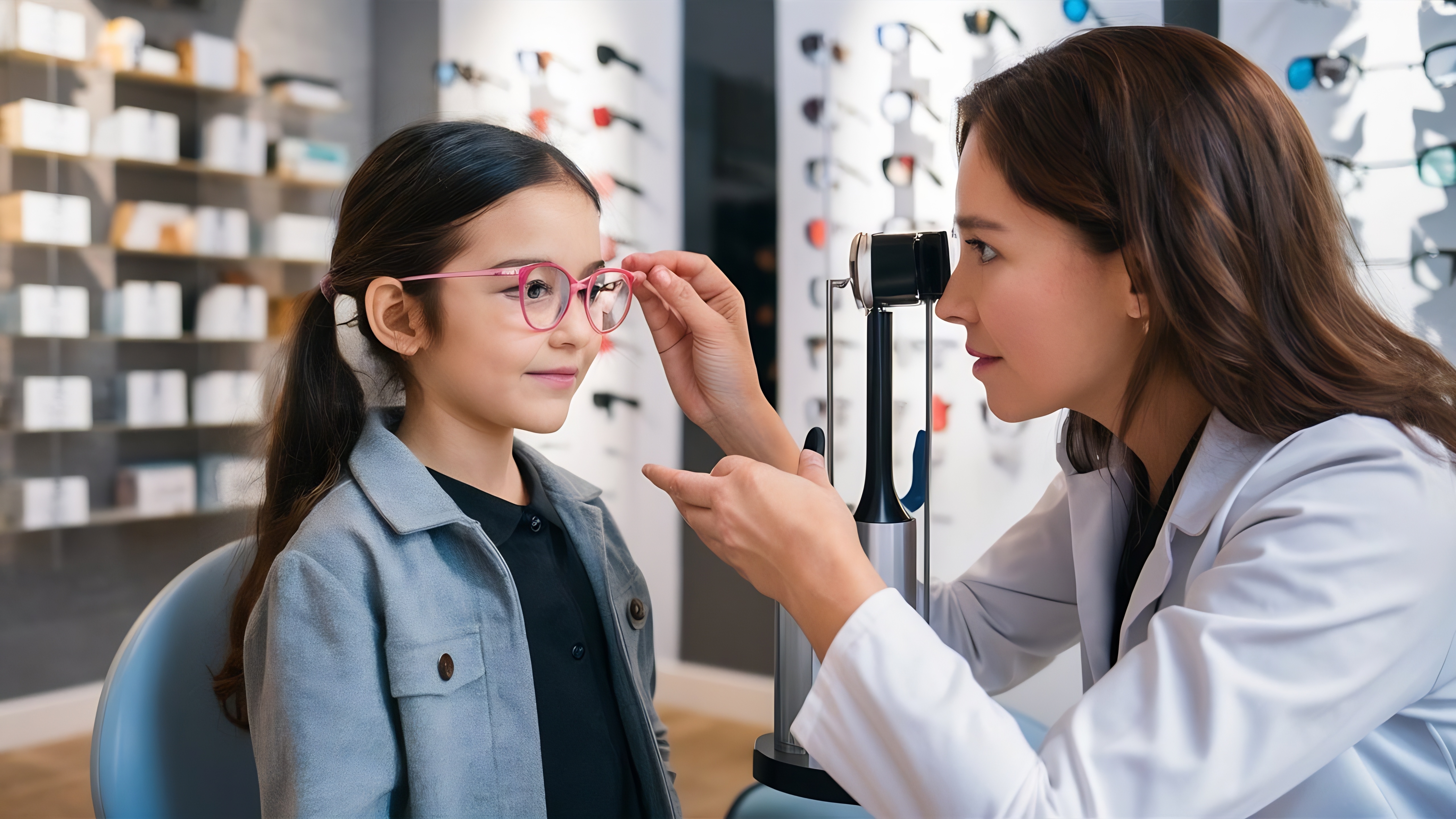
Florida’s Sunshine and UV Exposure Impacts Eye Health and Medical Coding
Florida’s sunny weather and tropical climate make it a paradise for residents and tourists alike. The Sunshine State has a unique environment. Its high UV exposure, humidity, and allergens play a significant role in vision care. For eye care professionals and medical billers, understanding Florida’s climate impacts on eye health is important. This knowledge can change how care is offered, which directly impacts billing and coding accuracy.
Effects of Florida’s Climate on Vision Care
Florida is nicknamed The Sunshine State for a good reason. Experiencing an average of 230 sunny days a year, residents of Florida are exposed to high temperatures and high levels of UV radiation. The prolonged UV exposure leads to serious eye conditions.
- Cataracts : UV exposure accelerates the clouding of the eye’s lens.
- Macular Degeneration : Long-term UV exposure damages the retina, leading to vision loss.
- Photokeratitis : A painful condition caused by UV burns to the cornea, also called “sunburn of the eye.”
- Pterygium : A growth on the eye’s surface caused due to excessive sun and wind exposure.
The above-mentioned conditions require special treatments- cataract surgery, laser therapy, prescription medication, etc. These services need to be accurately billed and documented.
Florida’s high humidity levels encourage the growth of mold, pollen, and other allergens that can exacerbate eye conditions.
- Dry Eye Syndrome: Despite the humidity, air conditioning and wind dry out the eyes.
- Allergic Conjunctivitis: Pollen and mold spores cause redness, itching, and swelling of the eyes.
Treatments for the above-mentioned conditions- artificial tears, antihistamines, steroid eye drops- must be carefully coded to ensure proper reimbursement.
Florida’s outdoor-centric lifestyle increases the risk of eye injuries from activities like swimming, boating, and sports. Chlorine in pools, saltwater exposure, and debris cause corneal abrasions, infections, or traumatic injuries. These cases require immediate attention, emergency care, follow-up visits, and sometimes surgical interventions. All of which must be documented in detail for billing purposes.

Impact of Florida’s Climate on Vision Care Billing and Coding
Florida’s climate-dependent eye conditions call for eyecare professionals to stay up-to-date with the latest ICD-10 and CPT codes for accurate billing.
1. Common Diagnoses and Codes
- Frequently associated with UV exposure- Cataracts H25.9
- Often caused by environmental factors like wind and air conditioning- Dry Eye Syndrome H04.12
- Triggered by pollen and mold- Allergic Conjunctivitis H10.45
- Associated with prolonged sun and wind exposure- Pterygium H11.00
- Common in outdoor activities- Corneal Abrasions S05.0
2. Preventive Care and Patient Education
Eye care professionals in Florida usually focus on preventive measures- prescribing UV-protective sunglasses, wide-brimmed hats, and lubricating eye drops. These services along with patient education, can be billed under evaluation and management (E/M) codes.
3. Surgical Procedures and Follow-up Care
Conditions like cataracts or pterygium often require surgical intervention. Proper coding for pre-operative assessments, the surgery itself, and the post-operative care is important for maximized reimbursements.
4. Insurance Considerations
Many vision insurance plans cover preventive care like annual eye exams. These come with limitations on treatments for climate-related conditions. For medical billing specialists, it becomes important to verify coverage plans and make sure that each claim is submitted with the correct codes to avoid denials.
Florida’s high humidity levels encourage the growth of mold, pollen, and other allergens that can exacerbate eye conditions.
Treatments for the above-mentioned conditions- artificial tears, antihistamines, steroid eye drops- must be carefully coded to ensure proper reimbursement.
Florida’s outdoor-centric lifestyle increases the risk of eye injuries from activities like swimming, boating, and sports. Chlorine in pools, saltwater exposure, and debris cause corneal abrasions, infections, or traumatic injuries. These cases require immediate attention, emergency care, follow-up visits, and sometimes surgical interventions. All of which must be documented in detail for billing purposes.
Tips for Eye Care Providers in Florida
1. Stay informed about the environmental risks, and educate the patients about the risks of UV exposure and allergens. Document all these interactions in the patient's medical records.
2. Use specific diagnosis codes as accurate billing helps in reimbursement. Make sure all climate-related eye conditions are well documented with the appropriate ICD-10 codes.
3. Utilize the latest available technology to stay ahead of the competition. Use electronic health records (EHR) and billing software that streamlines documentation and reduces coding errors.
4. Focus on preventive care by encouraging patients to schedule regular eye exams. This becomes increasingly important if they spend significant time outdoors. Preventive care reduces the need for costly treatments down the line.
5. Partnering with an expert billing and coding services provider offers multiple benefits as they will take care of the entire billing cycle for you, without your need to intervene. They offer solutions specifically for your practice as they understand how each medical specialty needs to be catered to. Along with staying updated with the latest coding changes and insurance requirements, these expert billing services minimize claim rejections.
Florida’s climate plays a significant role in shaping the state’s vision care needs. From UV-related conditions to allergens-induced eye problems, eye care providers must address a wide range of environmental challenges. Understanding these helps in better implementation of accurate billing and coding practices. Vision care providers ensure optimal patient care and financial stability.
For Florida’s residents, protecting eyes from sun and environmental irritants is not just a matter of comfort. It is a necessity for long-term eye health. As for eye care professionals, staying ahead of the curve in billing and coding is the key to having a thriving practice in Sunshine State’s unique healthcare landscape. Providers can follow a few tips to have a streamlined practice.
One great advice is to take help from the medical billing and services providers who will take care of the entire billing and coding cycle without the providers’ needing to worry. One such vision billing service provider in Florida is Instapay Healthcare Services. With expertise in vision billing, and experience in Florida’s healthcare industry, Instapay Healthcare Services is a choice of leaders. It is time to take your eye care practice to the next level. Do it right with Instapay Healthcare Services.




